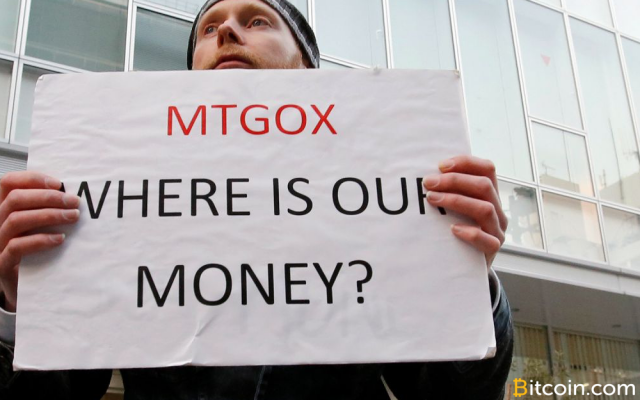
On June 8 the U.S. House Financial Services Subcommittee on Terrorism and Illicit Finance discussed the possible connection between cryptocurrencies and criminal activity. The hearing also revealed law enforcement officials know the “destination” of the missing 650,000 BTC lost during the Mt Gox insolvency.
Also Read: Global Bitcoin ATM Proliferation Nearly Doubled During May
Missing Mt Gox Bitcoins ‘Destination’ Is Known By Blockchain Surveillance Firms
U.S. officials and blockchain company representatives held a subcommittee hearing on the implications of virtual currencies and illicit financing on June 8. Members of the blockchain subcommittee who testified at the congressional hearing include Jerry Brito (Coin Center), Scott Dueweke (Identity and Payments Association), Kathryn Haun (Stanford Law School), Jonathan Levin (Chainalysis), and Luke Wilson (Elliptic). Both Chainalysis and Elliptic are blockchain monitoring companies that are well known for helping law enforcement with digital currency surveillance.
“This hearing will explore terrorists and illicit use of financial technology (FinTech), the national security implications of virtual currencies such as Bitcoin, and the use of “blockchain” technologies to record transactions and uncover illicit activities,” details the congressional memo.
One of the Biggest Robberies in History
 During the discussion, U.S. Representative, Warren Davidson, R-Ohio, asked the blockchain monitoring company executives why they couldn’t locate the infamous missing Mt Gox coins supposedly lost in 2014.
During the discussion, U.S. Representative, Warren Davidson, R-Ohio, asked the blockchain monitoring company executives why they couldn’t locate the infamous missing Mt Gox coins supposedly lost in 2014.
“I was particularly struck by your opening remarks that we can detect the activity,” explained Representative Davidson. “It seems that if we have this ability, which it seems we theoretically should, then we would be able to find the missing Mt. Gox coins. Why can’t we?”
According to the Chainalysis co-founder Jonathan Levin, the company knows exactly where the missing 650,000 BTC are but doesn’t detail specific information during the hearing. “We actually did find those,” reveals Levin.
Chainalysis was the official investigator in the Mt. Gox bankruptcy case and the destination of those coins is definitely known.
The Destination Is Known, but Can the Bitcoins Be Accessed?
Over the past few months, the U.S. government has been concerned with digital currencies promoting criminal activities. There have been many hearings and bills set forth to tighten regulatory policies and research cryptocurrencies and blockchain behavior. Both Chainalysis and Elliptic have signed partnership deals with law enforcement officials worldwide and claim to have forensic tools that can trace transactions to locations.
Although Levin detailed “the destination of those coins is definitely known,” it doesn’t mean the missing coins can be accessed, and the Chainalysis co-founder has not responded to questions from the press.
What do you think about the statements made by Chainalysis during the congressional hearing? Let us know in the comments below.
Images via Wiki Commons, and Quartz.
Need to calculate your bitcoin holdings? Check our tools section.










